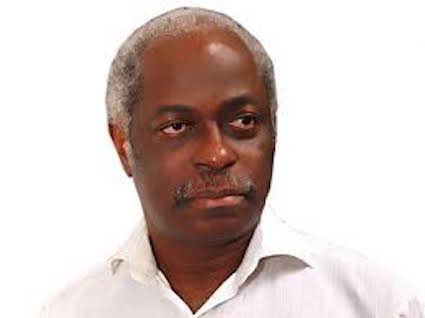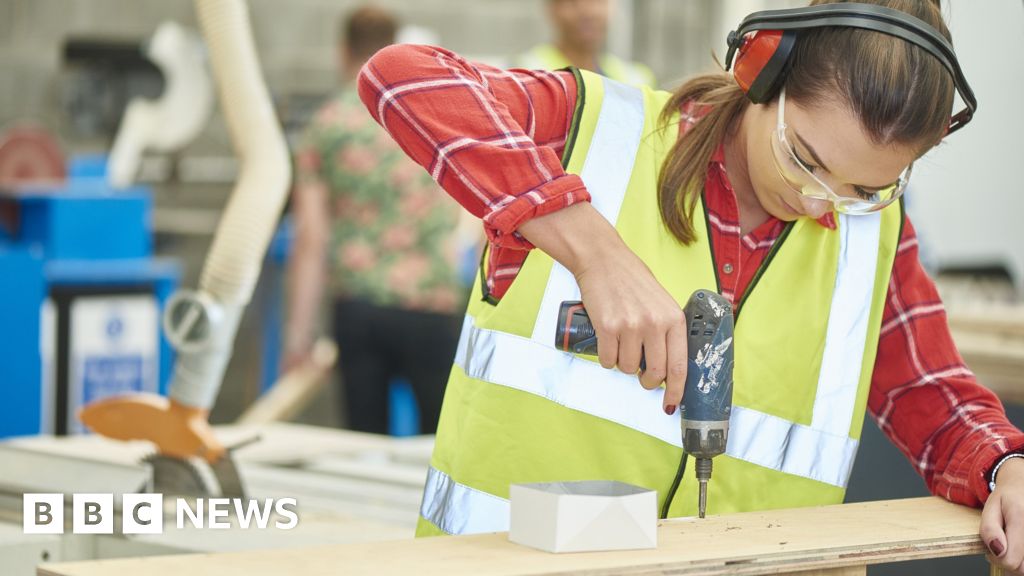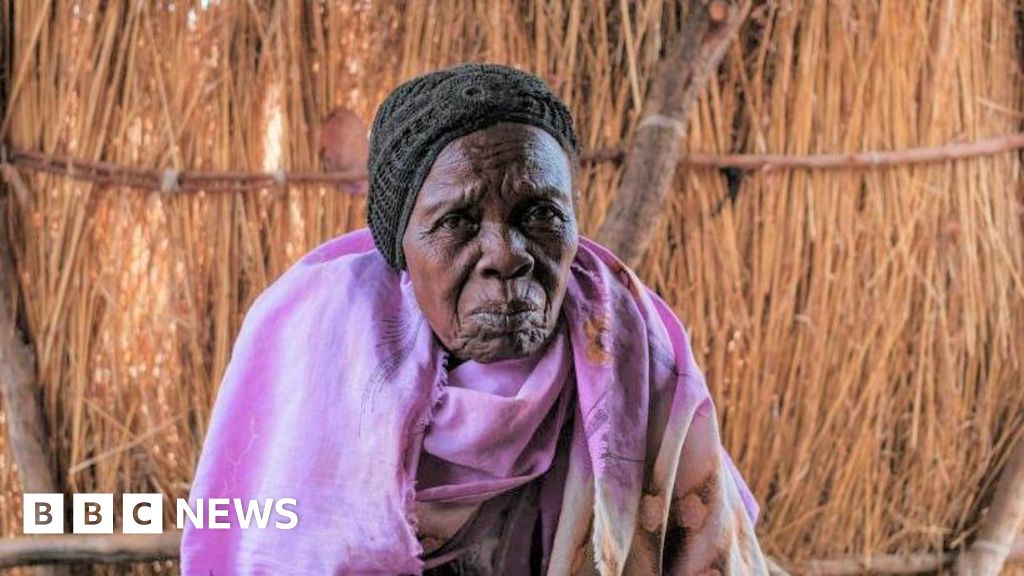This is not the first time, and unfortunately, it won’t be the last. African football is riddled with troubling tales, like the one Nigeria’s Super Eagles endured in Libya between 12 and 13 October.
While in Libya for a 2025 AFCON qualifying match, the team was harassed and stranded by Libyan authorities for 20 hours at Al-Abraq Airport.
Social media has amplified the uproar surrounding this incident, as some team members broadcast their ordeal almost in real-time. The situation drew even more attention because many of these players belong to foreign clubs, prioritising their safety and well-being.
The Confederation of African Football (CAF) bears a significant share of the blame, as such actions have rarely been met with serious consequences in the past. This incident is just one example of a broader issue that many teams face, especially when travelling to certain North African countries. Similar tactics have been used to gain an advantage over visiting teams.
However, this problem is not confined to North Africa; some West African teams have also been known to bend fair play rules in their favour. While the treatment of the Super Eagles in Libya was unjust and unacceptable, it mirrors the insecurity and harassment faced by many Nigeria Premier Football League (NPFL) teams when playing at away venues.
Despite the clear evidence—both video and testimonies—of what the Super Eagles endured, expect CAF to delay making any meaningful decision or issuing a firm statement.
The case
On Tuesday, 8 October, the Libyan delegation to Nigeria for a 2025 AFCON qualifier complained of being stranded at the Port Harcourt International Airport. Their Nigerian counterparts replied that they had been falsely briefed on Libya’s itinerary. This brouhaha was sorted out, and the match went ahead on Friday, 11 October, at the Godswill Akpabio Stadium in Uyo. The Eagles won 1-0 through a late goal from Fisayo Dele-Bashiru.
Nigerians need credible journalism. Help us report it.
Support journalism driven by facts, created by Nigerians for Nigerians. Our thorough, researched reporting relies on the support of readers like you.
Help us maintain free and accessible news for all with a small donation.
Every contribution guarantees that we can keep delivering important stories —no paywalls, just quality journalism.
On 13 October, the Eagles left Kano for Benghazi, Libya, at 3.18 p.m., and the ETA (expected time of arrival) was 6.53 p.m. As told by the NFF, the plane was already approaching the Benghazi airport when the pilot was instructed to divert, even though the flight had previously been permitted to land.
The pilot was instructed to “proceed to the Al-Abraq International Airport, even though the airport lacked the control navigators for landing at such hours.” The team landed at Al-Abraq Airport at 7:50 p.m., four hours and 32 minutes after leaving Kano.
“At 2 a.m., Captain William Ekong met the NFF President in the company of the NFF General Secretary to inform the President that the team may not be able to go ahead with the match due to trauma, fatigue, and body aches that resulted from lack of food, dehydration, and very cruel and unimaginable treatment, which had led to some players falling ill.”
Troost-Ekong wrote on X, “12+ hours in an abandoned airport in Libya after our plane was diverted whilst descending. The Libyan government rescinded our approved landing in Benghazi for no reason. They locked the airport gates and left us without a phone connection, food or drink. All to play mind games.
“… this kind of behaviour, let them have the points. We will not accept to travel anywhere by road here, even with security; it’s not safe. We can only imagine what the hotel or food would be like given to us IF we continued.”
Almost 24 hours after the Eagles left Kano, they boarded the same chartered flight, which had refuelled to start their journey back to Nigeria without fulfilling their assignment. According to an NFF press release, the team departed the Al-Abraq Airport at exactly 3.05 pm on 14 October to Kano. They arrived safely back in the country at about 6 pm.
The fallouts
The Libyan authorities have come out to say the same thing happened to them in Port Harcourt, but they chose to be silent, though their actions have shown they ‘kept silent’ because they had a revenge agenda.
And CAF’s likely stance was conveyed to the Sports Minister, who was prevailed on to allow the match to proceed. “This morning [Monday, 14 October], I was on a conference call with CAF President and CAF Secretary General.
“While the CAF President’s concern seems to be what to do to get the national team to participate in tomorrow’s match, I have instead informed CAF that the concern of the Government and people of Nigeria is first, the safety of the team and their safe return.”
CAF has since stated, “After informing Libyan and Nigerian authorities of the Super Eagles’ disturbing airport experience, we referred the matter to our Disciplinary Board for investigation… Appropriate action will be taken against those violating CAF Statutes and Regulations.”
Article 148 of CAF’s Disciplinary Code states:
“1. If a team refuses to play a match or to continue playing one which it has begun, it will be sanctioned with a minimum fine of twenty thousand US dollars ($20,000) and will, in principle, forfeit the match.
2. In serious cases, the team will also be disqualified from the competition in progress.
3. This is subject to the provisions of the competition’s regulations.”
Furthermore, Article 151 states that:
“1. National associations that organise matches shall:
a) assess the degree of risk posed by matches and notify the CAF bodies of those that are especially high-risk;
b) comply with and implement existing safety rules (FIFA and CAF Regulations, national laws, international agreements) and take every safety precaution demanded by circumstances before, during and after the match;
ALSO READ: Akpabio urges CAF to sanction Libyan FA after Super Eagles ordeal
c) ensure the safety of players and officials of the visiting team during their stay;…”
As the situation developed, Troost-Ekong wrote on X, “As things escalated, this time overcoming meant taking a stand for what’s right, regardless of the consequences. No team should be mistreated this way. Football is about respect, and that starts by respecting ourselves.”
Social media power
With many members broadcasting updates, the world’s attention was drawn to the small town of Bayda in eastern Libya. Live broadcasts of Nigeria’s team’s ordeals were shown for the world to see, which gave leverage for salvaging the situation.
Troost-Ekong wrote on X AT 1.07 p.m. on 14 October, “Power of social media. Apparently, our plane is being fueled as we speak, and we should be leaving for Nigeria shortly. Thanks for everyone’s support!”
He also posted, “After our first tweets, magically a team bus arrived, and a driver who has been standing inside the airport filming us and laughing with some of the other staff since last night said the bus was ready 12 hours after we landed. Now we have been waiting for fuel since morning…”
Victor Boniface, a social media exponent, wrote on X, “I’ve been at the airport for almost 13 hours, with no food, no Wi-Fi, and nowhere to sleep. Africans, we can do better.”
Foreign media, especially Sky Sports, made it a developing story just as other outlets went on X, Instagram, and Facebook for updates on the developing story.
The match scheduled for Tuesday, 15 October, has been officially postponed. Nigeria is still ahead in Group D, though they could be second by the end of the day if Benin defeats Rwanda in Kigali. The Wasps of Benin are second on the log with six points; Rwanda is third with two points, while Libya sits at the bottom of the table with one point.
Support PREMIUM TIMES' journalism of integrity and credibility
At Premium Times, we firmly believe in the importance of high-quality journalism. Recognizing that not everyone can afford costly news subscriptions, we are dedicated to delivering meticulously researched, fact-checked news that remains freely accessible to all.
Whether you turn to Premium Times for daily updates, in-depth investigations into pressing national issues, or entertaining trending stories, we value your readership.
It’s essential to acknowledge that news production incurs expenses, and we take pride in never placing our stories behind a prohibitive paywall.
Would you consider supporting us with a modest contribution on a monthly basis to help maintain our commitment to free, accessible news?
TEXT AD: Call Willie - +2348098788999

















 English (US) ·
English (US) ·